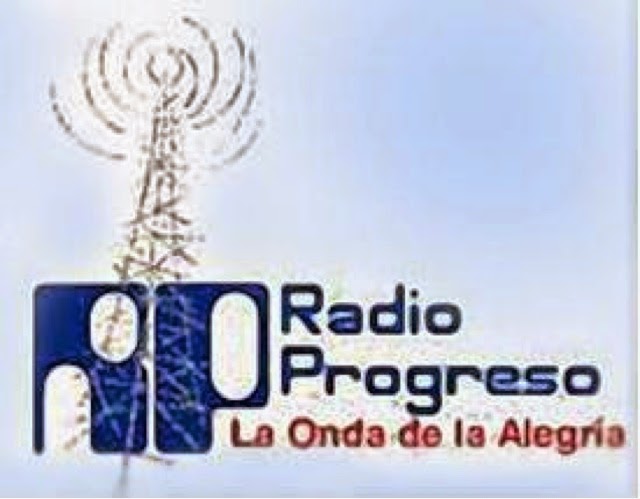Ignacio Ramonet, Katiuska Blanco, Frei Betto, Atilio Boron, and Federico Mayor, reported their perceptions of Marti’s thought of the historical leader of the Cuban Revolution, as biographers in some cases, and dissimilar personal and professional meetings.
That panel under “Marti and Fidel: continuity of thought and action”, captivated most of the participants in the Second International Conference “With all and for the good of all”, whose closure will now coincide with the anniversary 163 birth of the National Hero of Cuba.
Ignacio Ramonet, political scientist, writer, and Spanish-French journalist, founder of the anti-globalization movement and author of the biographical book “One Hundred Hours with Fidel” shared their particular work experience during intense early morning interview for the formation of such exceptional work.
He recalled the first news we had of Fidel in the assault on the Moncada Garrison during a stay in Tangier, Morocco, by the Cuban weekly Bohemia, but it was not until the 70s that could put thought and action to a man he knew in theory.
Ramonet said that when he made his book the Commander in Chief did not put limits on the open and frank dialogue, always ready to litigate, as a great debater with immense rhetorical and oratorical skills, and above all, “Marti in his behavior, attentive, polite with manners and mannerisms of an old man, permanently acting as a head of state campaign.”
Another panelists recounted their experiences to the time spent listening to Fidel in research for his book “Guerrilla of Time” and “All the days of the Cedars”.
Katiuska Blanco, Cuban journalist and researcher, made several anecdotes related to the founding years of the Cuban Revolution and its mark in memorable chapters as the literacy campaign.
He further stressed the linkage of Marti’s ideas with the preparations for the attack on the Moncada Barracks. White said the first biographer of José Martí worked in a public library in Artemisa, the same city where it came from as many young people for action in the second military fortress in the country at that time.
One participant in the meeting, Argentine political scientist Atilio Boron essayist, winner of the José Martí International Prize of the United Nations Educational, Scientific and Cultural Organization (UNESCO), discussed the effect of economic thought Martí fluctuations in the world market, in the same manner in which Fidel envisioned at times political and environmental fluctuations.
He stressed the need to introduce in the Latin American debate the ideas of Marti that is slowly making its way in the world, thanks to several institutions, including the Jose Marti Cultural Society, the Office of the Marti Program, the Jose Marti Youth Movement and the World Council José Martí Project for International Solidarity, responsible for placing the Apostle and the Caribbean legacy of Simon Bolivar in the context of Latin American integration.
Also, the Brazilian theologian and writer Frei Betto, also winner José Martí International Prize UNESCO, recalled his surprise at reaching Cuba for nearly four decades without seeing at each corner a bust of Karl Marx, Friedrich Engels and Vladimir I. Lenin.
The author of one of the most memorable texts in the biographies of the leader of the Cuban Revolution, “Fidel and Religion”, went straight to university students gathered in the Palace of Conventions in Havana, to remind them that they are Marti and Fidel living incarnation with an undeniable historical responsibility.
The organization also invited and be drunk hope to achieve utopias in Cuba and Latin America a campaign of political literacy.
The last character in referring to the audience, was the Spanish intellectual relevant, president of the Culture of Peace Foundation and former Director General of UNESCO, Federico Mayor Zaragoza, who coined an essential reflection: “the important thing is to think about tomorrow, the legacy we let young people because the only thing to do is the future, the past is done.”
Said the imprint of the Commander in Chief in many international fora, when he called intergenerational solidarity for social development, summarizing that “the important thing in the life of Fidel Castro and José Martí is that we should value and set them as a reference for our behavior, they thought what nobody before them. Fidel Castro is an example of something that no one should forget: not kneel, higher become very low when their knees, knees are to win, not to submit.”
Translated by: Daysi Olano Fernandez



